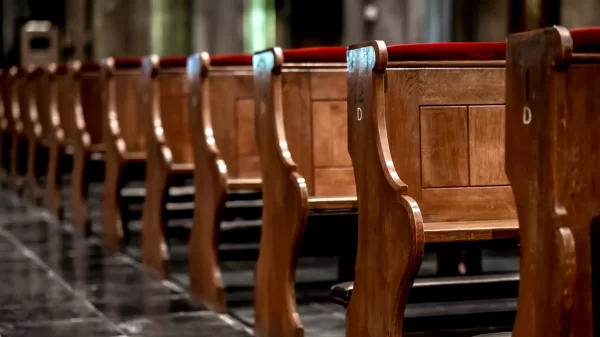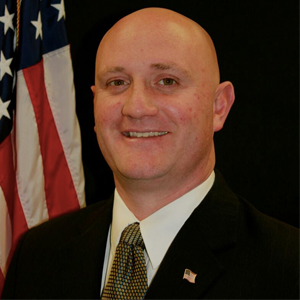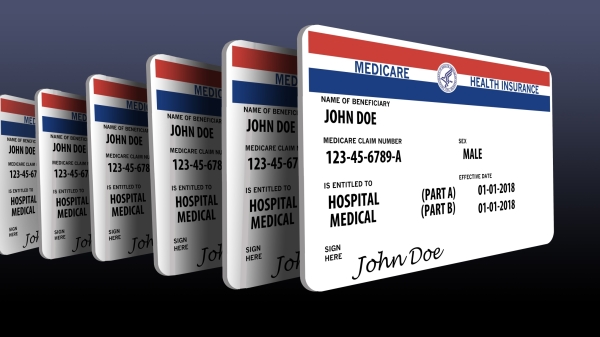By Brandon Moseley
Alabama Political Reporter
Most states have all of their revenue from income taxes, sales taxes, sin taxes, property taxes, business taxes, licenses, and fees come into one common fund. Then, legislators prioritize their spending for the next business year into how much money the schools, prisons, court system, state colleges, state police, roads, state parks, Medicaid, etc. need in order to function for the next year; much like most families and businesses operate.
Alabama is unique in that there are two funds: one ostensibly for education and the other for everything else and most of the money that the state takes in is earmarked for the purpose that it is to go to. This makes budgeting much much more difficult for State legislators to prepare a budget and costs the State billions in federal dollars for things like the Medicaid expansion, because the State cannot legally move the funds over to where it is most needed.
In 2012 Alabama Governor Robert Bentley (R) proposed combining the two budgets. The Republican Super Majority in the State legislature chose not to act on that request, which mirrors a similar request by former Governor Bob Riley (R) in 2003. There are still many voices for combining the budgets.
Etowah County Coroner Michael Gladden, a candidate for State House District 29, thinks that is a bad idea and has signed the Education Funding Protection Pledge to keep the status quo in Alabama.
Coroner Gladden said, “I think every candidate for public office should sign this pledge,” said Gladden. “That some lawmakers are considering raiding the Education budget once again in an attempt to fund other things is simply unacceptable.”
The pledge is the idea of House Minority Leader Craig Ford (D) from Gadsden. The pledge states:
“I pledge that I will oppose any attempt to combine the State’s General Fund and Education Trust Fund budgets, as well as any attempt to reallocate funds earmarked for public education into non-education programs or agencies.”
Gladden said, “Revenue that is meant to go our children and our classrooms should not be taken away. Our state leads the nation in cuts to education, and I say enough is enough! I challenge my opponent to take a stand for our children and the future of education in Alabama by joining me in signing this pledge.”
Currently, Alabama has two state budgets: the Education Trust Fund, which funds all public education services from pre-K through our public universities, and the General Fund, which finances all other government services and agencies.
In April 2014, the State enacted a budget for FY 2015 of $7.8 billion, of which $1.8 billion was proposed for the General Fund (GF) and $5.9 billion for the Education Trust Fund (ETF). Alabama’s court system, prison system, crime labs, State troopers, Medicaid, roads, etc. are funded out of the $1.8 billion general fund.
The University of Alabama in Birmingham (UAB) did a study showing that the State would gain more revenue than the expansion would cost by accepting President Obama’s Medicaid expansion. Whether that is true or not has been debated in academia, but the study failed to account for the fact that all the additional revenues from more doctors, nurses, and healthcare worker pay would actually go to the Education Trust Fund in the form of income taxes, because by law Alabama’s income tax is earmarked for the Education Fund, even though the matching dollars for the Medicaid program would come out of the General Fund.
The only dollars that the expansion would generate for the State’s troubled general fund would be from the small portion of the sales tax which is earmarked for the general fund.
The Alabama Policy Institute’s Vice President, Katherine Robertson wrote recently that Alabama’s budget, “Is also distinctive because about 88% of Alabama’s tax revenue is earmarked, whereas the average state earmarks about 25%. This means that 88% of revenues collected are already obligated to specific sources by statute or constitutional amendment, not the “bridge to nowhere” or “big dig” type earmarks that you hear about from Washington. This leaves roughly 12% of total state funds to be allocated for current needs.”
Robertson said, “The Governor and some legislative leaders have recently expressed openness to removing some earmarks to provide greater flexibility and discretion in appropriating funds.”
For that to happen however, the state legislature would have to pass a constitutional amendment and then it would have to be passed by voters.
Michael Gladden is a candidate for Alabama House of Representatives District 29 which includes portions of Etowah, DeKalb, and Calhoun counties. Gladden has served as the Etowah County Coroner since 2006.
Currently, House District 29 is represented by Republican Becky Nordgren.
The General election will be on November 4.






















































